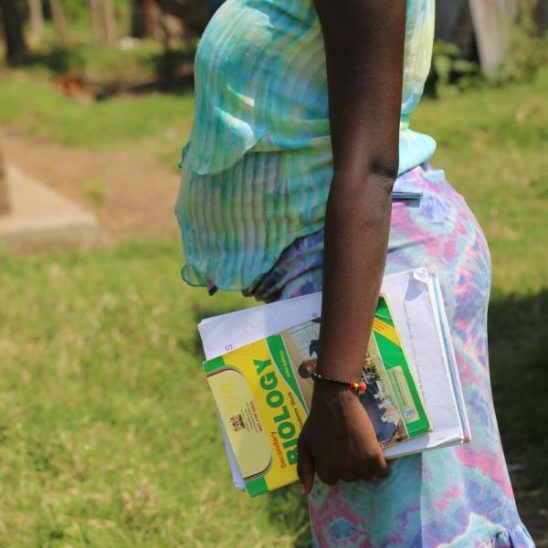Advance commitment to education on sexuality
Young people of reproductive age have the right to live healthy and ful- filling lives. It is a right that has been reiterated in various national, region- al and global declarations, initiatives and frameworks.
The Sustainable Development Goals (SDGs), anchored in the principle of ‘leaving no one behind’, for example, reminds us of the importance of investing in the ones most left behind (young people of reproductive age and the marginalized); for most countries in the Eastern and Southern African (ESA) region, these are adolescents and youth in all their diversities.
The African Union’s Agenda 2063 further builds on and looks to accelerate the implementation of past and existing initiatives for growth and sustainable development and, among others, promises to em- power women and youth to fulfill the African Dream.
In December 2013, ministers of Education and Health from 20 ESA countries affirmed and endorsed their joint commitment to deliver comprehensive sexuality education (CSE) and sexual and reproductive health (SRH) services for youth.
This commitment was developed based on a regional report Young people today: Time to act now, which high- lighted the trends and status of sexual and reproductive health and HIV/ Aids among adolescents and youth. The ministers and senior government officials committed, on behalf of their governments, to step up efforts to ensure adolescents and youth’s access to quality CSE and SRH services, and to work in partnership with youth, parents, civil society and community and religious leaders to achieve the set goals.
This has not been the case as Kenya continues to experience a high number of teenage pregnancies, new HIV infections because of lack of school-based sexuality education.
The implementation period has ended amid the pandemic and not much has been achieved. Sadly, adolescent girls and young women continue to be affected by teenage pregnancy, gender-based violence, unsafe abortions and lack of access to youth-friendly services.
This is an agenda that needs to be realised. However, despite the commitment, the Ministry of Education has remained adamant in implementing the commitment and recommitting to support sexuality education despite reminders from various agencies and civil society.
Youth particularly girls and women are suffering unabated and thus Cabinet Secretary Prof. George Magoha and all those who signed for the ESA commitment to recommit and prioritise increased coverage and ac- cess to age-appropriate, scientifically accurate, inclusive CSE and friendly SRH for all girls and boys and to promote programmes that keep children in school, particularly girls in rural areas, and ensure schools are safe and equitable places for learning.
Kenya can’t realise a future where youth are healthy, resilient, socially responsible, make informed decisions if CSE is not prioritised and implemented.
Time has come for youth to be empowered to develop skills and attitudes needed for a healthy life as well as to reduce SRH risks.
Magoha, his Health counterpart Mutahi Kagwe and the government should foresee the development of an enabling environment through multi-sectoral plans and resource allocation; the scale-up of CSE frameworks in schools; improvements in access to youth-friendly SRH services; and, reduction of unintended pregnancies, gender-based violence and child marriage to avoid another pandemic in waiting


